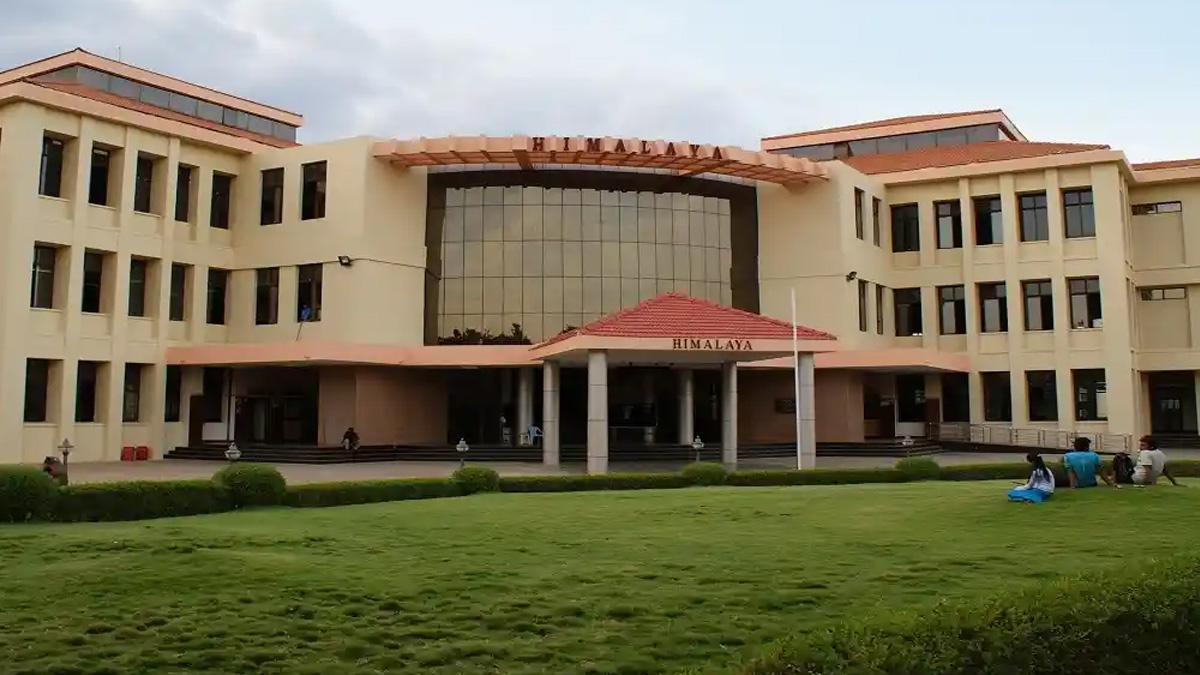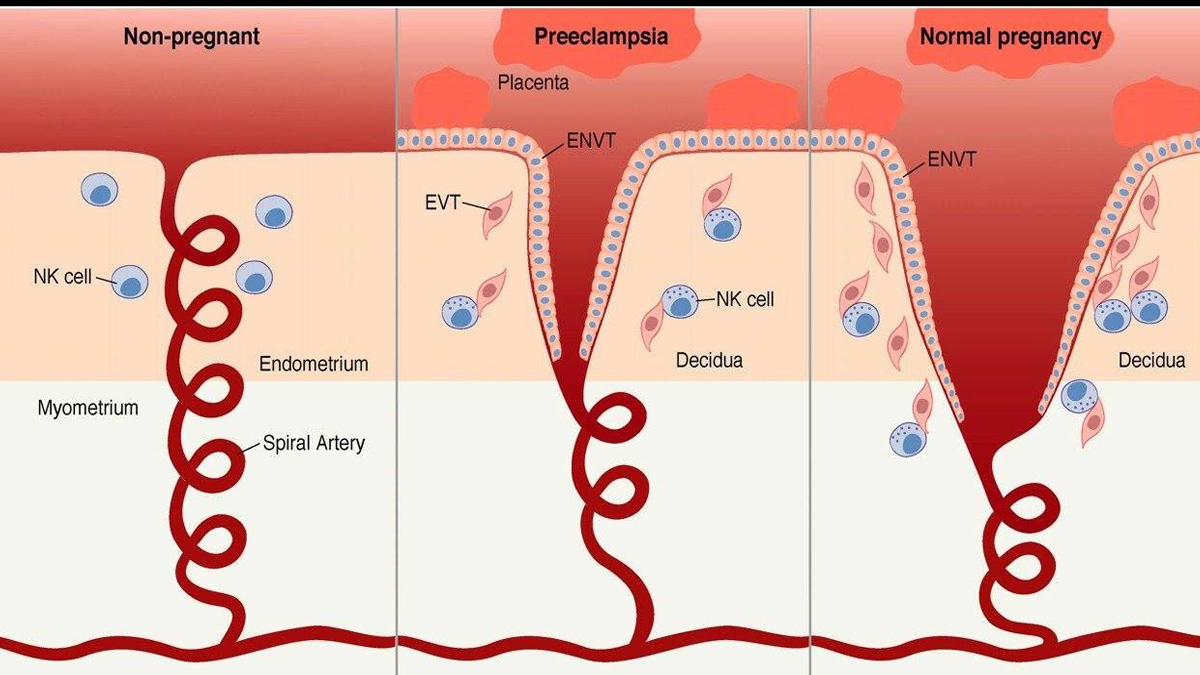
In a major advancement in prenatal care, a team of Indian researchers has developed a novel biosensor technology capable of detecting preeclampsia—a dangerous pregnancy-related condition—in under 30 minutes. This innovation, led by the Indian Institute of Technology Madras (IIT Madras) in collaboration with the Vellore Institute of Technology, could significantly reduce the burden of maternal and neonatal complications associated with the disease.
Table of Content:-
Preeclampsia, a potentially life-threatening condition marked by high blood pressure and signs of organ damage, typically emerges after the 20th week of pregnancy. Affecting between 2% to 8% of pregnancies worldwide, it has long posed a diagnostic challenge, particularly in resource-limited settings where access to advanced medical facilities is constrained.

The Science Behind the Innovation: P-FAB Technology
At the heart of this innovation lies the Plasmonic Fibre Optic Absorbance Biosensor (P-FAB)—a diagnostic platform that uses advanced fibre optic sensor technology to identify the presence of preeclampsia at a very early stage. The research team focused on Placental Growth Factor (PlGF), a well-established biomarker used in clinical diagnostics to assess placental health.
In healthy pregnancies, PlGF levels peak between the 28th and 32nd weeks. However, in women developing preeclampsia, these levels drop significantly—often two to three times lower than normal. The IIT Madras-developed sensor detects these changes with exceptional sensitivity.
Also Read: Japan's Takeda To Launch Dengue Vaccine ‘Qdenga’ In India
The P-FAB system makes use of a U-bent polymeric optical fibre (POF) sensor, fabricated using polymethyl methacrylate (PMMA), which enables detection of PlGF at the femtomolar level—a feat rarely achievable through conventional methods. More importantly, it does so rapidly, delivering results in less than half an hour.

Simpler, Faster, and More Accessible Diagnosis
Traditional diagnostic tests for preeclampsia typically require sophisticated lab setups, skilled technicians, and longer wait times, making early detection particularly difficult in rural and underserved areas. The newly developed platform addresses these challenges head-on.
According to Prof. V.V. Raghavendra Sai from the Biosensors Laboratory at IIT Madras, this new technology is designed to be both affordable and simple to use. “Our biosensor platform eliminates the need for complex laboratory infrastructure. It is reliable, highly sensitive, and can be used directly at the point-of-care, even in remote healthcare settings,” he stated.
Also Read: 156 Million Americans Now Breathing Unhealthy Air, Warns Alarming New Report
Initial clinical testing of the biosensor has already demonstrated promising results in terms of accuracy, specificity, and consistency. By offering a swift and accessible diagnostic option, the tool is expected to significantly enhance the timely detection and treatment of preeclampsia.

Broader Impact on Global Health
The implications of this breakthrough extend well beyond pregnancy care. Published in the respected journal Biosensors and Bioelectronics, the study highlights the adaptability of the POF-based sensor platform for diagnosing a wide range of diseases—both communicable and non-communicable.
With minor modifications, the same technology could be harnessed to detect conditions such as cancer, tuberculosis, and even neurodegenerative disorders like Alzheimer’s. Furthermore, the eco-friendly design avoids the use of hazardous chemicals and supports recycling, making it a sustainable choice for modern diagnostics.
Looking Ahead: A New Chapter in Prenatal Screening
This innovation comes at a crucial time, as global health systems continue to grapple with reducing maternal mortality rates. In India and many low- and middle-income countries, the lack of early detection tools has long hindered effective management of preeclampsia.
By making diagnostics both accessible and affordable, IIT Madras and its partners are opening the door to better outcomes for mothers and babies alike. The P-FAB biosensor may soon become a cornerstone in prenatal healthcare, particularly in areas that need it the most. As the technology advances toward real-world deployment, it promises not only to save lives but to transform the very way prenatal conditions are diagnosed—one fibre at a time.
Also watch this video
How we keep this article up to date:
We work with experts and keep a close eye on the latest in health and wellness. Whenever there is a new research or helpful information, we update our articles with accurate and useful advice.
Current Version